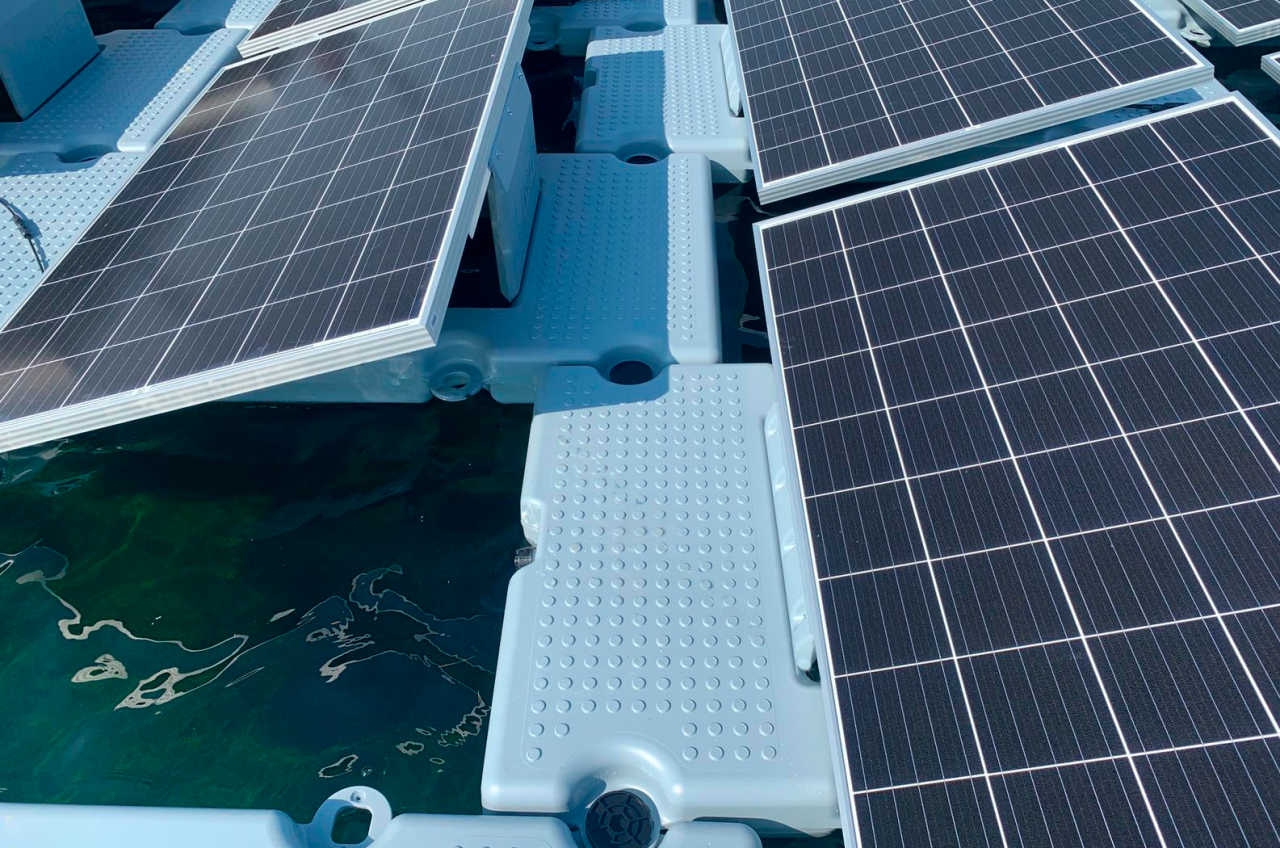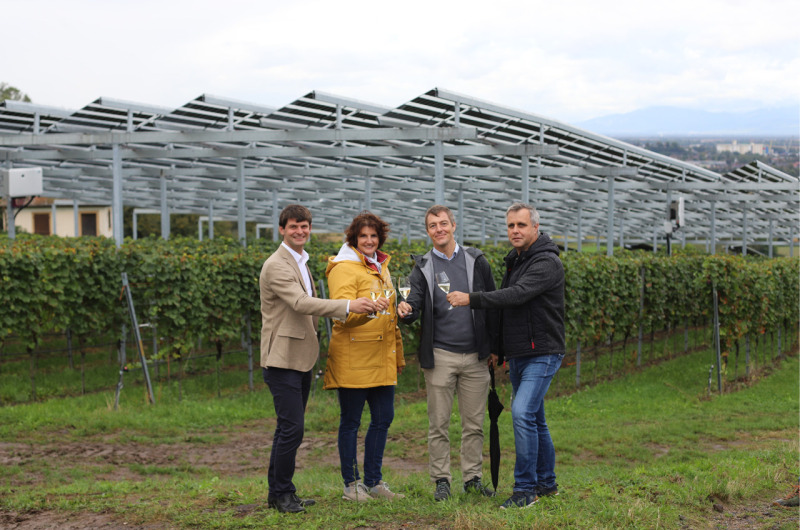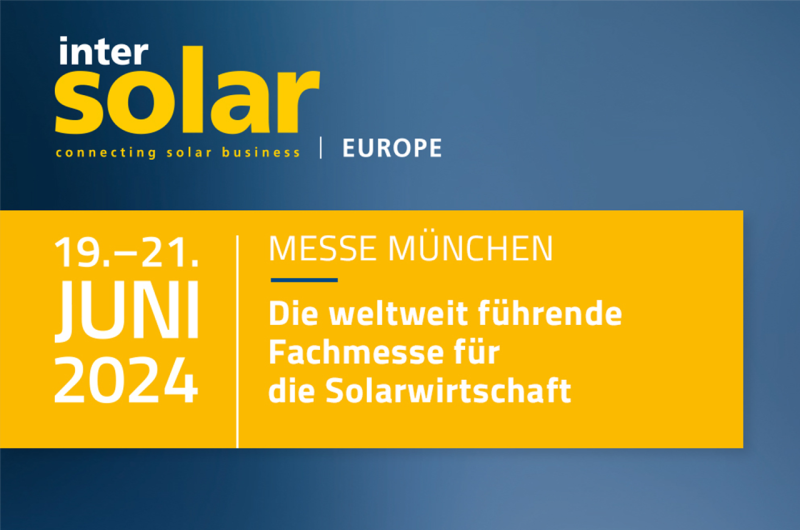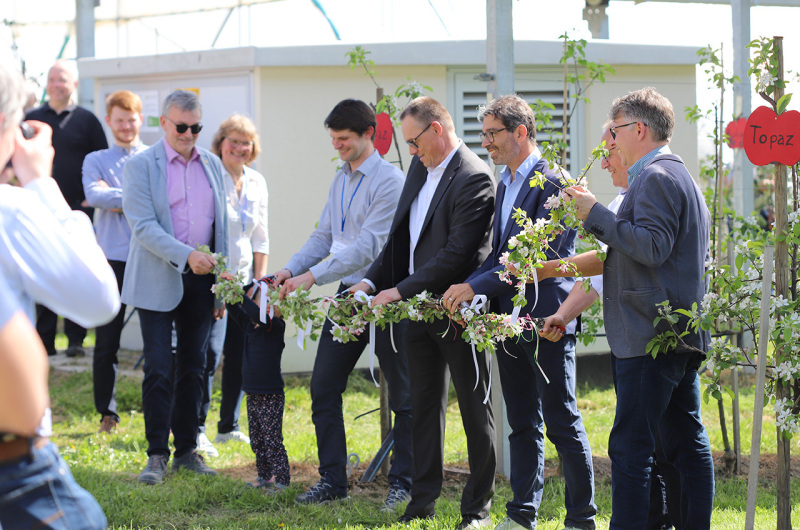In Europe and around the world, floating solar installations have gained in popularity the past number of years. Since the first installations in the 2000s, the number of FPV solutions keep increasing yearly as much of the power generated by photovoltaic systems. Well known for their benefits, floating solar is a topic which is often approached in a positive way. However, it seems to be more and more controversial as some critiques are being raised by people. Such as, potential impacts on the aquatic biodiversity or long-term damage to the water quality. These are just a few of the arguments raised by the opponents of this technology. Studies that have been conducted on the topic so far do not fully allow for reliable conclusions because of the poor hindsight that we have on the subject. What are the advantages of floating solar farms and are they more efficient than ground/roof mounted structure?
Our team is here to give you answers!
Practicability… That is the argument which is frequently showcased when talking about floatovoltaic installations. A floating installation helps to optimize the space and keeps the cultivable or livable surfaces free by taking advantage of unused water bodies.
Floating solar farms have been found to be more efficient than traditional systems in term of energetic rentability. They can generate under specific conditions over 5% of additional electricity compared to a ground mounted or roof mounted system. This productivity increase is due to the cooling effect provided by the water which protects the structure from overheating.
That’s not all - floaters are also protecting the water surface by preventing algae growth which can be hazardous for every species including humans if it accumulates over time.
Small solar systems can also be configured with solar water pumps in order to irrigate agricultural surfaces. A considerable advantage for farmers because they can save their cultivated plants and also give up the fossil energies which are harmful for the environment. Such an installation enables the user to control plants remotely. No need to go on site to turn on a diesel generator for the irrigation. A timesaver system and also a good solution to save money.
Often, floating solar farms are installed to benefit the primary activity of a company which is the case for quarries, artificial lakes or desalination ponds. In these cases, the administrative approaches for the obtention of an authorization are much easier.
However, floating solar installations are not always accommodating for all types of surfaces. Specific conditions are necessary to ensure their proper functioning. A minimum of water depth is required and the floating solar farms need to be installed in areas that are not confronted with hurricanes or tsunamis. The typology of water is also a factor which needs to be considered. Indeed, not every type of floater is adaptable for salty water but rather for soft water. A thorough analysis needs to be conducted beforehand, to examine different parameters that need to be considered before starting a project.
On a price perspective we tend to think that floating solar farms lead to exorbitant costs or sums that are way higher than classic installations. However, it is often the case that floating solar installations result in the same price as a roof mounted or a ground mounted solution.
Concerning the impacts on the biodiversity, first studies have been published. No specific environmental degradation has been found when the occupation degree of the aquatic surface stays reasonable. Floating solar farms are indeed not made to cover the entire water surface.
If no real damage has been found, we cannot say the same thing about the benefits on biodiversity that are being highlighted. Cages made with pebbles and shells can be implemented and used as shelters to protect fish during their reproduction. These shelters can also contribute to fish alimentation if they are regularly maintained. It is also important to keep in mind that floating installations are often located in quarries or other types of artificial water surfaces. This means that there is not a real threat for biodiversity because these types of surfaces do not carry a lot of aquatic species.
Unlike a ground mounted system, there is no need to effectuate ground maintenance. It is however necessary to clean the panels. This operation can be done either by hand or with a cleaning robot if it is compatible with the structure.
The multitude of advantages that floatovoltaics offer have seduced their users. Not as constraining as traditional PV systems, floating solar farms are considered by certain as the future of photovoltaic. Recycled materials, low carbon emission during production, longer life time guarantee but also a protection for the water surface; this innovation is very important today for the energy of the future.





